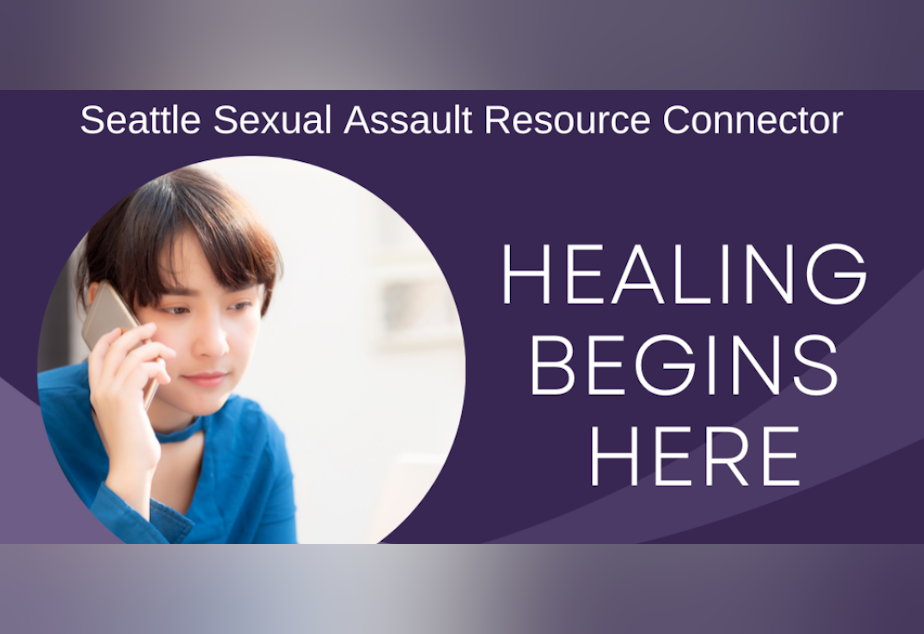New tool connects survivors of sexual assault to resources

A new online tool designed to raise awareness and ease access to services for survivors of sexual assault was launched Tuesday by a group of five Washington state health and advocacy service providers.
The project is intended to consolidate and simplify information for survivors of sexual assault who may feel overwhelmed or be unaware of what resources are available to them.
The Seattle Sexual Assault Resource Connector Tool — available in English and Spanish — walks the user through a set of questions about the survivor’s background and needs, and generates a list of suggested service providers, including those offering therapy and legal services. The survey is anonymous.
Larraine Lynch is the chief program officer for the King County Sexual Assault Resource Center, one of the agencies that spearheaded the new tool.
“Upon realizing that victims were not getting help in the immediate aftermath of sexual assault, it prompted us to come together as a collective to brainstorm ways to ensure that whatever was happening on the system side of things, that we were helping victims to recover,” Lynch said.
Sponsored
She said immediate response and support is crucial for a survivor and their recovery. She said that survivors will often share what happened in the immediate aftermath of a sexual assault, and the response they receive to that disclosure impacts their willingness to disclose again.
“We want survivors to have a good experience when they disclose and feel supported, feel believed, and validated,” Lynch said.
In an effort to spread awareness of the new tool, a QR code leading to the portal will be featured on business-sized cards made available to police, medical providers, first responders and schools, to hand out to those seeking confidential sexual assault resources, Lynch said.
But anyone can send the website to a friend or loved one, and even navigate through the tool on their behalf.
The connector tool was created in a collaboration between the Seattle Indian Health Board, King County Sexual Assault Resource Center, the University of Washington departments of Psychiatry and Psychology, and the Harborview Abuse and Trauma Center.




